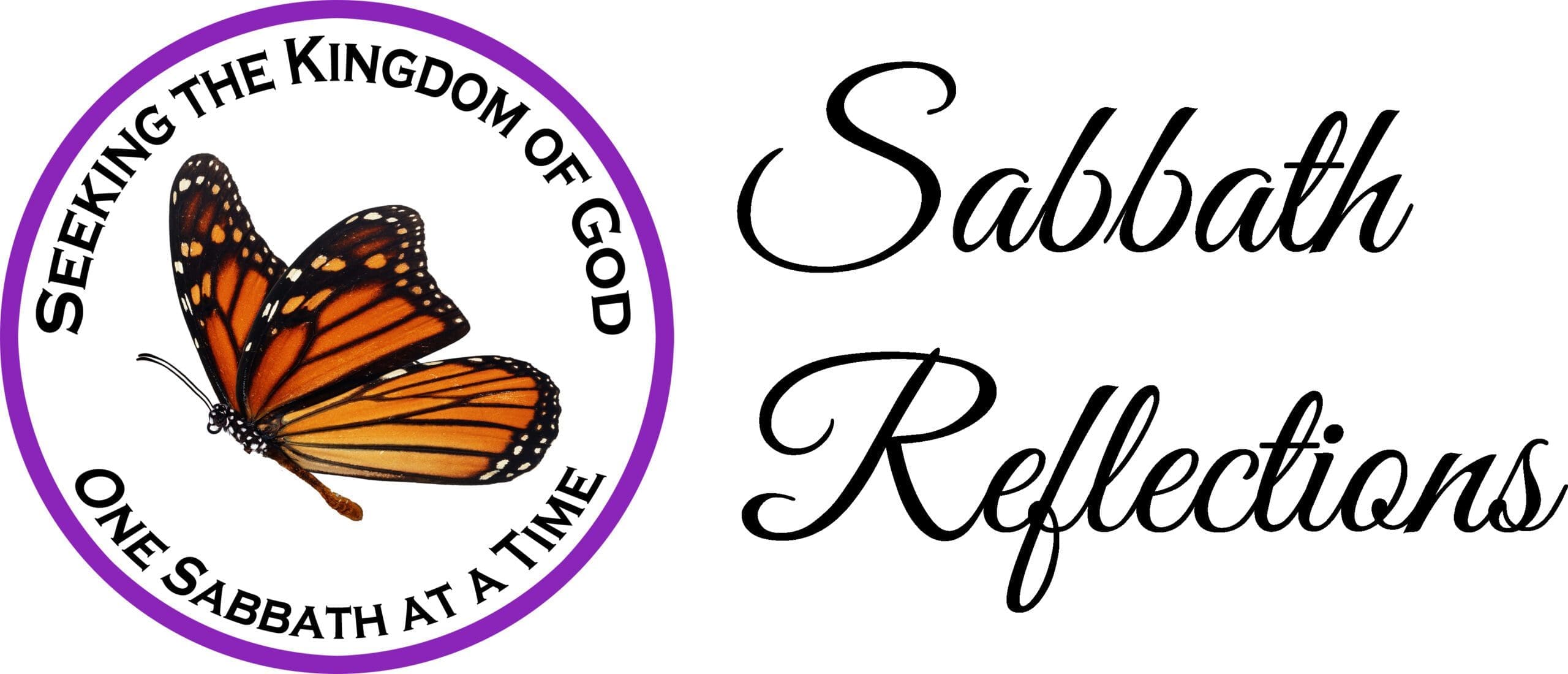SABBATH THOUGHT 2022-03-12—COVENANTS
May God bless you on His Sabbath day!
Did you know that every serious and significant relationship in this life has one thing in common? Whether it involves citizenship for an immigrant, a newly enlisted recruit of the armed forces, or even a marriage, all require entering into a covenant. We might not often think about it, but covenants are foundational to all important relationships.
For example, all godly marriages are based upon vows made by the husband and wife to each other. Together, the vows of the couple make up what is called a marital covenant. Simply speaking, a covenant is a binding agreement wherein the two parties involved vow to fulfill certain obligations. A covenant requires the vows of both parties to be witnessed by God, who is also the Judge of whether or not they are broken.
Vows are different from promises. A promise is usually made by one person to another— without any commitment from the other party—so no covenant is involved. God is also not called upon as a witness (although breaking a promise is still a sin before Him). Because the vows of a covenant are witnessed and judged by God, many vows include the phrase, “so help me God,” which is basically a plea for God to help keep and fulfill them.
Covenants define not only the terms of relationships, but they also establish the beginning of them. The anniversary date and number of years of a marriage, military service, or a naturalized citizenship are counted from the day of the covenant. The same is true with most believers who count time from the day of their baptism. However, what they are really referring to is the day they made a baptismal covenant with God. That covenant is based upon a vow of the person and the promise of God. The covenant ceremony is then followed by baptism and the elder laying hands on the person for the receiving of the Holy Spirit.
NOTE: God does not make vows because there is no one greater to witness or judge Him. Instead, a covenant with God is based upon His promises and our vows (for which He is both witness and judge).
Uniquely, a covenant only exists between parties whose relationship is based upon love, faithfulness, and trust. The vows are always what someone will do for, or give to, the other party. They are never about getting; they are about giving. A treaty, on the other hand, is a binding agreement with opposite intentions. The agreement defines what each party gets from the other party. In a large sense, a treaty is made between parties that do not trust each other. Covenants, on the other hand, only work if there is love between the parties. Obviously, that is the basis for every marital covenant. (For more information on marital covenants, refer to the booklet Marriage & Divorce—Understanding the Marital Covenant.) But it also applies in the case of immigrants receiving citizenship because they love their new homeland. Military service is the same—soldiers usually serve out of love for their country. In addition to love, covenants can only exist if both parties are faithful to it and have trust in the other party to keep it. That is why covenant vows are ones of love, faithfulness, and trust.
This is also the reason that breaking a covenant is a betrayal—the worst of all offenses. (For more information on offenses, refer to the booklet Offenses—Ordinances of God.) Because the foundation of a covenant is love, faithfulness, and trust, the repercussions of a betrayal include devastating emotions of hurt, pain, and anger. Even God gets angry when someone betrays a covenant with Him:
JOSHUA 23:16 When you have transgressed the covenant of the LORD your God, which He commanded you, and have gone and served other gods, and bowed yourselves to them, then shall the anger of the LORD be kindled against you, and you shall perish quickly from off the good land which He has given to you.”
The reason a covenant betrayal is so hurtful is it takes advantage of the bond of trust between the parties. Having love for someone and being faithful to them requires giving of our innermost selves. We become vulnerable to the other person because we withhold nothing from them. Betrayal is absolute disregard for the victim who trusted in the vow of love and faithfulness of the other person. This is true whether the covenant is between people or with God.
You may have noticed that every binding agreement with God requires a covenant. This was the case with Noah, Abraham, Isaac, Jacob, Moses, David, etc. Why is that? Because God is love (1 John 4:8, 16)! For that reason, God will never enter into a treaty, which is based upon distrust instead of love. Without vows of love, faithfulness, and trust, there can be no binding agreement with God.
With the Passover closing in upon us, we should think about our covenant with God. We vowed to love and obey God who, in turn, promises to give us eternal life. However, our covenant only exists because of the sacrifice of Jesus Christ for the forgiveness of our sins. The Passover ceremony points to our covenant with God the Father because it is sealed by the shed blood of Jesus Christ:
MATTHEW 26:28 For this is My blood, the blood of the New Covenant, which is poured out for many for the remission of sins.
Every covenant with God must be sealed with blood because His promises involve eternal life:
HEBREWS 13:20 And may the God of peace, Who raised our Lord Jesus from among the dead—that great Shepherd of the sheep—through the blood of the everlasting covenant,
Either we fulfill our covenant with God or we betray it. The former brings eternal life and the latter eternal death. Because God promises eternal life, the penalty for betraying our covenant with God is eternal death. Forfeiture of our life requires the shedding of our own blood because the Bible says that physical life is contained within the blood:
LEVITICUS 17:11 For the life of the flesh is in the blood. And I have given it to you upon the altar to make an atonement for yourselves; for it is the blood that makes an atonement for life.’
As I mentioned before, all covenants are based upon love, faithfulness, and trust. We vow those things to God and He promises the same to us. Our love for God is demonstrated by obeying His commandments. God proves His love to us by forgiving our sins and atoning for them with the blood of Jesus Christ. The fulfillment of God’s love happens when He imparts eternal life to us. This is not complicated or hard to understand. In fact:
2 CORINTHIANS 11:3 But I fear, lest by any means, as the serpent deceived Eve by his craftiness, so your minds might be corrupted from the simplicity that is in Christ.
The simplicity is “in Christ” because our covenant is established, or sealed, by the blood of Jesus Christ for the forgiveness of our sins. It also continues in the blood of Jesus Christ through the forgiveness of God for any sins we commit later.
Our vow to God requires us to obey His commandments, so every sin we commit transgresses our covenant with God. We “renew,” or reestablish, our covenant through repentance. Failure to repent leaves our covenant with God in question. However, as part of our covenant with God, He promises to cover, or atone for, and forgive our sins by the blood shed by Jesus Christ when He was sacrificed:
1 JOHN 1:9 If we confess our own sins, He is faithful and righteous, to forgive us our sins, and to cleanse us from all unrighteousness.
I have heard believers say that Passover is a time for the renewal of our covenant with God. In a literal sense, that does not happen at Passover because only those who are in covenant with God can even partake of it. Technically speaking, our covenant is broken each time we sin and renewed (or restored) upon repentance to God.
Passover is a memorial and remembrance of the suffering and death of Jesus Christ. It is a ceremony by which we show honor and respect to the One who gave His life for ours. We come before God and Jesus Christ in all humility and meekness having the highest regard for their love, faithfulness, and forgiveness toward us. Passover is when we consider the undeserved mercy and compassion we have received from God. It is a time to understand the magnitude of the sacrifice of both God the Father and Jesus Christ for our lives. This realization only comes when we look inside ourselves and know that we were unworthy of salvation and truly how great is the love of our Father and Christ in heaven.
The ultimate purpose of Passover is to remember Jesus Christ (1 Cor. 11:24-25) and examine ourselves (1 Cor. 11:28). We do this for the simple reason that we are in a covenant with God the Father and Jesus Christ! Furthermore, we are only in a covenant with God because of Jesus Christ’s Passover sacrifice. So, it is a very appropriate and meaningful time to remember Jesus Christ, examine ourselves, and ponder our covenant with God for the greatest gift one could ever imagine—eternal life in the kingdom of God.
May God’s grace and peace be upon you!
Steven Greene
https://sabbathreflections.org


